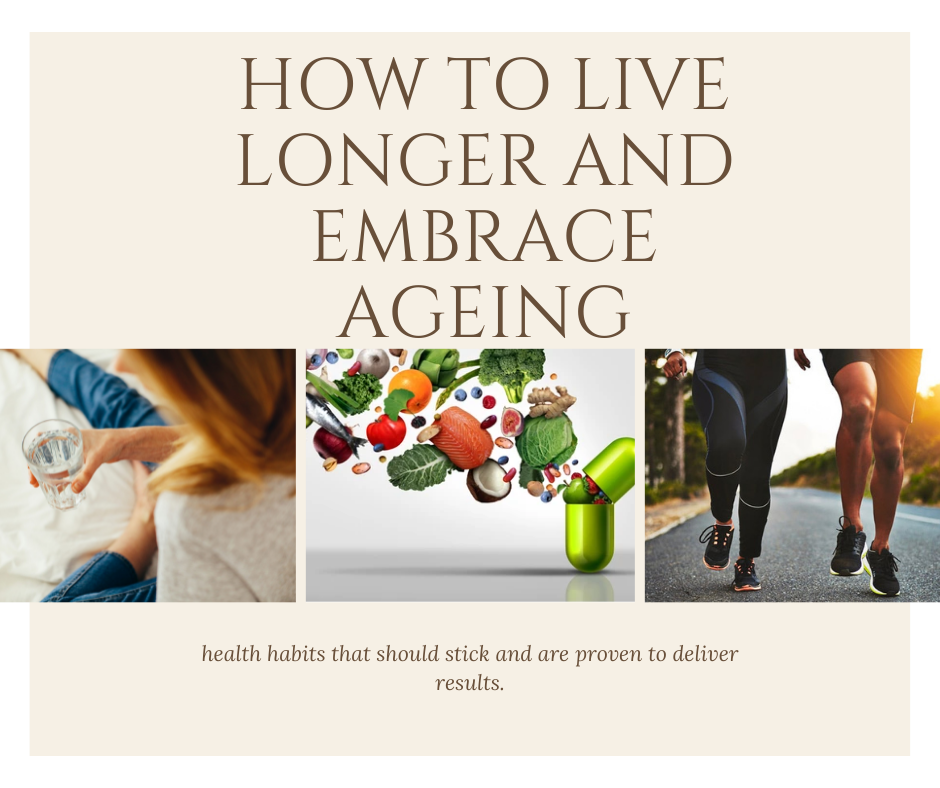
It’s a triumph of hope over experience that every new year, we clear out the fridge, buy new running shoes and promise ourselves that this will be the time we finally take back control of our expanding waistlines. But the resolve only ever seems to last as long as those last few Quality Street rattling around in the tin… or is that just a UK thing? Eventually, you cave in and eat those ones that no one seems to like – and that’s it for another year.
This is so common that there’s actually a whole day dedicated to giving up on our New Year’s Resolutions. Quitters’ Day is the second Friday in January, so if you had already ditched the diet by that date, don’t worry, you were not alone.
But adopting a healthier lifestyle as we get older is not something we can afford to ignore. Research published in the British Medical Journal in 2020 found that having healthy habits in midlife can give us up to 10 extra years of disease-free life, what’s known as our healthspan. This is where I choose to focus my energies on myself and my clients. How can we add disease-free, high performing years to our lives while our peers are dropping like flies from things that are, essentially, preventable (heart disease, stroke, diabetes and dementia)?
Instead of abandoning your plans to get fit and healthy and lose weight this year, I want to encourage a gentler approach by making it as easy as possible for yourself. Think about what is optimal for you and what you can realistically commit to. The goal is to maintain healthy behaviors change so they need to be specific, measurable, and fit into your daily life.
With this in mind, here are nine effective and practical midlife health habits that should stick and are proven to deliver results.
You would have to be living under a rock not to have heard of intermittent fasting. It’s been top of the diet pops since it first entered the mainstream in 2012 and there have been many different manifestations of it since. But let’s face it, most of us can’t commit to such a regimented dietary timetable long term.
As I started to dig into the research and separate the noise from the facts it’s becoming clear that there is a relatively small fasting window that delivers substantial health benefits. With this approach it’s possible to reduce oxidative damage and inflammation in the body which contribute to aging and play a role in the development of a range of health conditions. So why not try a midweek mini-fast? From Monday to Friday adopt the 14:10 approach where you only eat within a ten-hour window, say 10am to 8pm and fast for the other 14 hours…most people can handle that.
Movement expert Katy Bowmen, loves this phrase. It’s not called multitasking anymore it’s called time stacking!
Anchor a new habit onto an existing one, making it easier to integrate into your daily routine. My favourite is balance training while brushing my teeth.
If you are giving the midweek mini fast a go then try stacking another new habit on top – like alcohol for the weekend.
Excessive alcohol consumption has been linked to an increased risk of dementia. This is a simple rule that you can apply right away, and think how much more you’ll enjoy the weekend if you can have a couple of glasses of red.
Most diets operate on the basis of restriction which focuses the mind on what you are not allowed to eat. Sometimes when I’m experimenting with a sugar detox or fast just the thought of it makes me eat more in the days prior!
Reverse this mindset by thinking about what to include in your meals to make sure they are nutritionally balanced and satisfying.
Multiple studies have shown that eating a balanced diet comprising complex carbs (vegetables, whole grains, beans), lean protein (chicken, fish, tofu, lentils, yogurt) and healthy fats (olive oil, avocado, cheese, eggs, nuts) positively influences health and helps prevent common illnesses such as cardiovascular disease and cancer. I recently bought a cookbook called “The Blue Zones Kitchen: 100 recipes to live to 100”. In it the author Dan Beutner outlines what he has learned by visiting areas of the world where people tend to live longer than the average. He looked at many factors that could contribute to this with a simple yet balanced diet being one of them.
Weekly menu planning is one of the best ways to ensure your meals are balanced and it doesn’t have to be complex. Often just adding a tin of lentils or beans to your favorite recipes can make all the difference.
My mum used to be a rep for Solgar vitamins when I was young. This laid the foundation for me also be interested in health products. In my clinic we would sell many different products and even tour the manufacturing facilities when we could. However recently there has been an explosion in this area and we might be tempted by all those “health” products that line the supermarket shelves. But buyer beware, just because something claims to be healthy doesn’t mean it actually is, do some research and don’t feel as though you can supplement your way out of a poor diet…you can’t. Try not to fall for the gimmicks and resolve to buy simple, good quality, minimally processed food.
As consumers we are slowly being empowered to realize that the consumption of

Ideally, we would get everything we need from our food, but one crucial micronutrient, vitamin D, is primarily derived from exposure to sunlight. With sunshine in short supply in the winter months in northern climates, a vitamin D supplement is advisable. When I was in Canada I started to notice that most of my clients had low vitamin D levels. Doctors started to test more frequently and prescribing a supplement became more mainstream. When I looked at my own routines I realized I could easily go 4 or 5 days without going outside…which, I shouldn’t need to add, is not good for our health!
But stocking up on supplements is only half the story – you need to remember to take them.
Think about your morning routine and where would be best to keep them, perhaps in the same cupboard as the tea and coffee so you are prompted when you make your morning brew, or set an alarm on your phone.
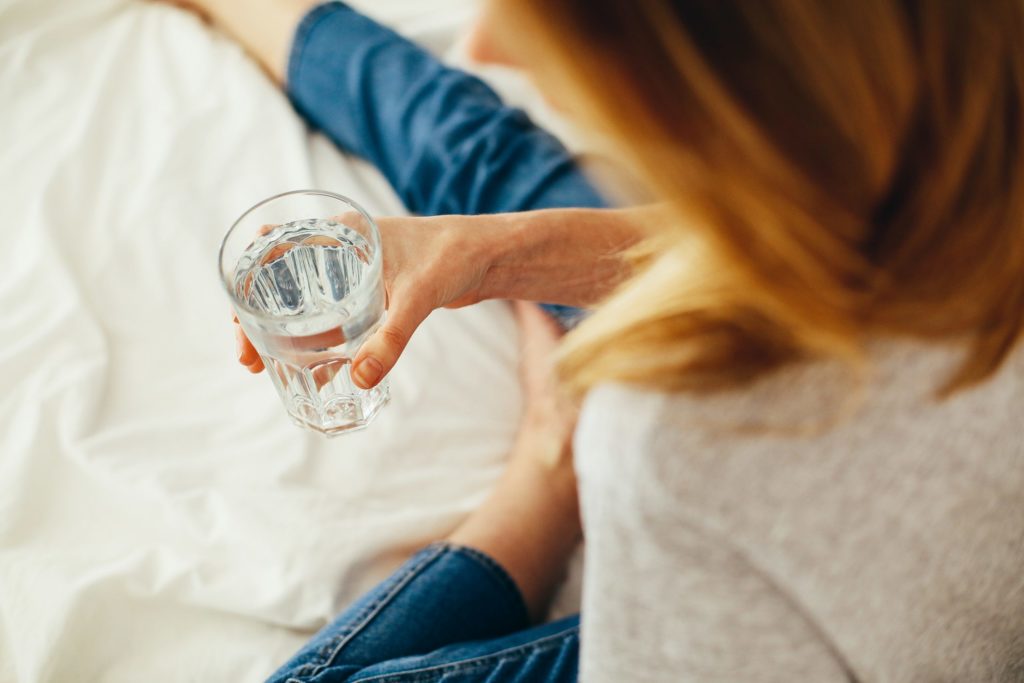
This is a quick win if you stack it with taking your supplements. Have a large glass of water in the morning to give your body a hydration boost. Researchers from the University of Ottawa found that as people age they need to drink more water to compensate for changes in their body temperature regulation. Dehydration can cause a number of ailments, including muscle pain and fatigue, so if you struggle to drink enough water get it early in the day.
If coffee is your midlife petrol you’ll be happy to know that a new study by the European Society of Cardiology concluded that drinking up to three cups of coffee per day is associated with a lower risk of stroke and fatal heart disease. The downside comes if you are partial to the milky varieties which can pack a hefty calorie punch. Try and make the switch to black coffee or, if that’s a bridge too far, just add a splash of milk. As drinking a latte 2 times a day could add up to you consuming an additional 1400 calorie over a week.
Now, I’ve got my own opinions of coffee, having visited coffee farms, seen the exploitation, noted the energy it takes to get the been ready to be roasted, then the energy needed to roast them, the fuel to transport them around the world and the energy it takes to boil the water…only to make you feel as though you can function…its not something I want as part of a daily habit.

The benefits of walking are well documented and getting a daily 10,000 steps has become a mantra for the fitness industry. But walking for an hour and a half every day is a tall order and for most of us an unrealistic goal. I’ve dug into the research a little more and not that actually 6000 steps still provides the health benefits needed to ward off early death from inactivity. I think shorting walking bouts at a fast pace are probably better for you. You can do this by increasing your pace, extending your step, and pumping your arms as you go along. Studies have shown that the speed at which we walk is a signifier of our subjective age (the age we feel, not the age we are), so picking up the pace might just make you feel younger too.
More and more research is coming out pointing to sleep as the elixir of youth. If you struggle to sleep one of the most effective changes you can make is to banish screens from the bedroom, particularly the phone. Start today and it will be the most life-enhancing thing you do all year. In his book “Why We Sleep” research Matthew Walker goes into great detail about how blue light (from screens) affects our hormones and our sleep. I suggest setting your phone to have its own bed time. Try and make this phone curfew at least one hour before you head to bed.
Of course, you won’t be able to implement all these new habits at once. When I want to adopt a new habit I strive to be specific in my goals. Start slow and pick three or four things that are realistic for you and commit to them. It takes on average 66 days for new habits to become automatic, so give it until the end of the second month and you might just find they’ve stuck. For more information on how to make habits stick (for those of you who know yourselves well enough to need help) I recommend reading the book Atomic Habits by James Clear as it will help you understand why you have old habits that are hard to shake and how to implement new ones.

Over the last 10 years Ed has been building a YouTube library to help people manage their own pain or movement limitations and increase performance through exercise. He regularly adds videos so be sure to subscribe and visit regularly
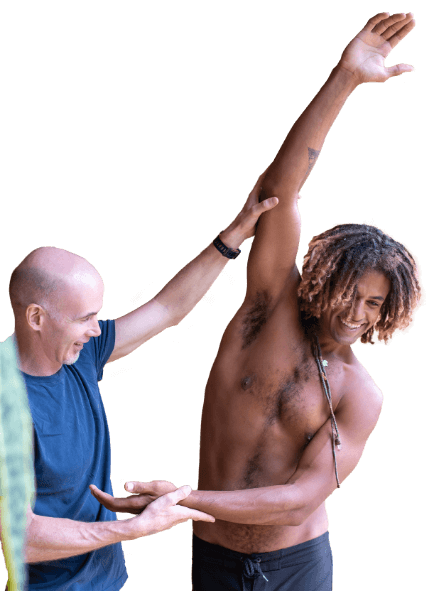
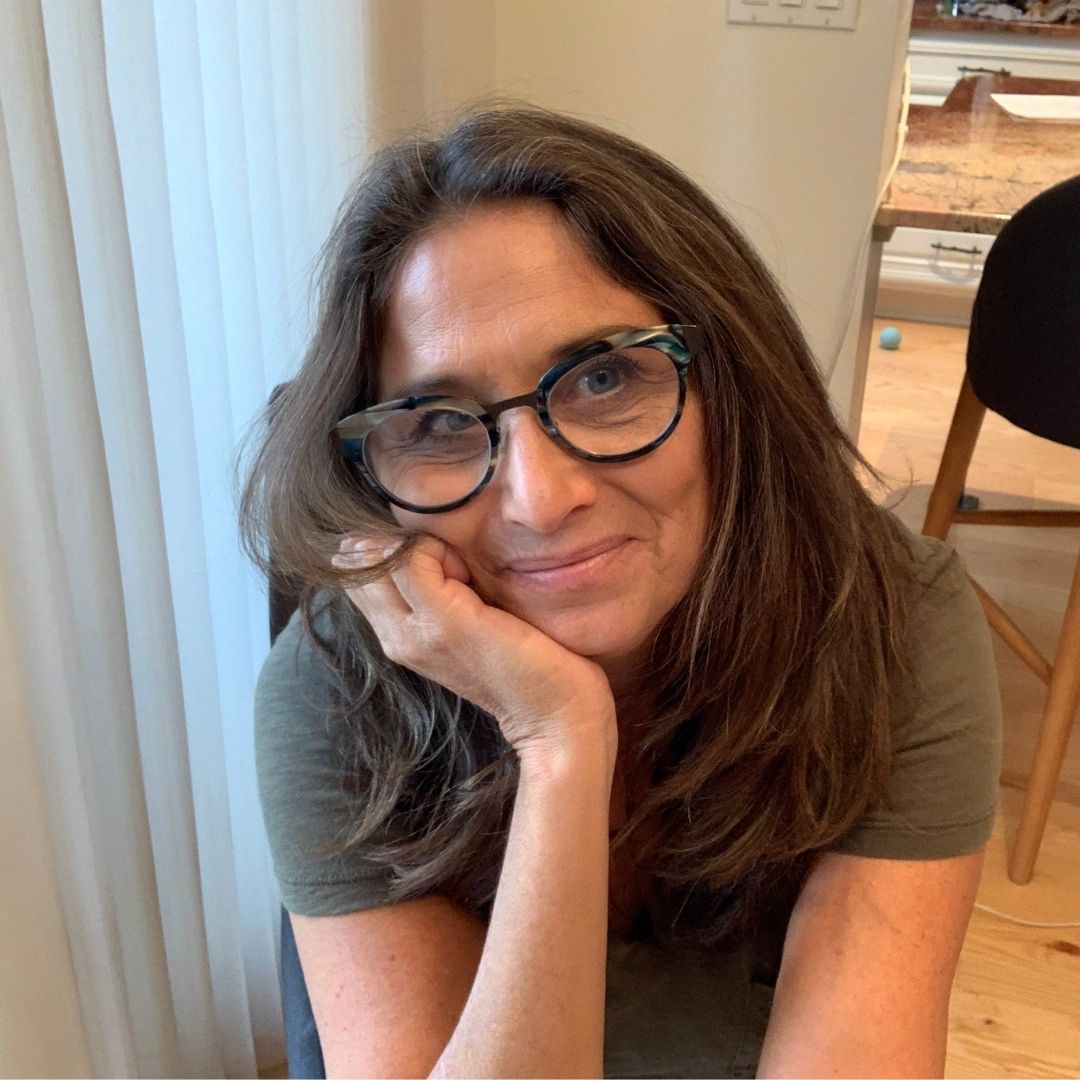
"Oh My Gosh- I am ALREADY feeling relief after a few days! I used to wake up 2-3 times a night with shooting pain that anti inflammatories couldn't touch. Now I have been waking up just because I want to notice what it feels like to lay in bed pain free- THANK YOU!."
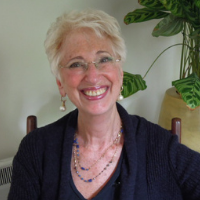
"When I first started with your program I was experience a lot of pain. Walking was difficult. I had to stop and catch my breath every few minutes and lean against a wall for support. Now when I walk with my husband we go for over an hour. I never had to sit down and stop...and, hardly any pain!!! 😊😊 I can’t thank you enough."
Frustrated that you aren't recovering fast enough?
Discover how to heal from illness and injury using movement, food and lifestyle.
Leave a Reply